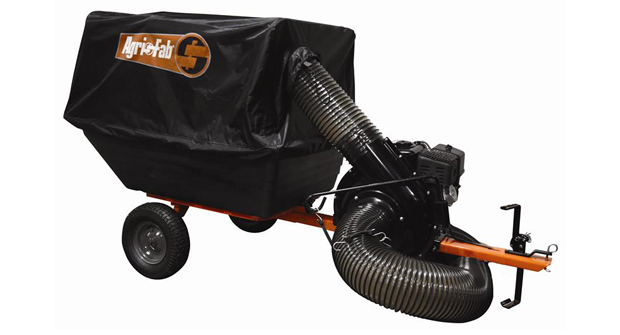Richey Plemons, owner of Plemons Lawn and Landscape, spends a lot of time thinking about the future of the industry.
“If you’re not prepared, you’re going to be sitting at the station and the train’s going to be two miles away,” Plemons says. “It’ll be gone. You always need to look ahead and see what’s coming at you.”
One specific topic that occupies a lot of real estate in his mind is battery-powered equipment. In Plemons’s neck of the woods — Chatsworth, Ga., — there isn’t currently a ban on gas-powered equipment. But Plemons looks to places like California, New York and New Jersey, which have seen bans on the sale and operation of gas-powered equipment from mowers to blowers, and wonders what’s on the horizon.

Phil Leger, president of Vision Equipment, a distributor based in Montreal, Canada, is already living in that reality, as several boroughs near him have banned gas-powered equipment.
“One township, where the cost of living is quite high, has banned gas-powered equipment altogether when it comes to mowing and blowing and edge trimming,” Leger says.
Because of the looming threat of gas-powered equipment bans, both Plemons and Leger agree that it’s crucial for landscapers to futureproof their equipment lineup now before bans spread further.
Trying new things
Plemons’ first piece of advice to contractors making the change to battery-powered equipment is to go in with an open mind. Plemons’ operation utilizes smaller, handheld battery-powered equipment for maintenance jobs.
“While battery-powered equipment still may not be as strong as gas-powered equipment in certain areas, they are starting to make advancements,” he says. “Some smaller (battery-powered) hedge trimmers and other handheld tools are just as powerful as their gas-powered counterparts.”
Leger says that a backup plan for contractors begins with getting used to operating battery-powered tools. This includes find a charging system and implementing things onto the truck.
“Even without (the threat of) bans, I’m a huge battery-powered tool user,” Leger says. “We love it. It’s a better operation experience and can lead to many other health benefits from not having to be around a loud, smoking gas engine.”
Leger says small businesses looking to switch to battery power should slowly implement these new tools.
A different approach
Futureproofing your business isn’t a one-stop shop. Plemons says the strategy will change depending on the piece of equipment you’re addressing. Certain pieces of equipment, like blowers, burn a lot of energy, meaning contractors will need a larger supply of batteries available.
Plemons has his worries that gas-powered equipment bans won’t stop at blowers and hedge trimmers. He again looks to California, where there is a proposed ban on the sale of gasoline cars by 2035.
With that, and an increasing number of battery-powered mowers hitting the market, he explains that contractors should start thinking about the infrastructure that might come with larger battery equipment.
This includes finding a charging system and implementing the tools into into the truck.
“We know that cost and profit margins are so slim already, but we can’t afford to be crippled for weeks or months if there is an implementation order for battery-powered equipment,” Leger says. “To survive, your business needs to have this kind of backup plan because it’s inevitable and it is coming.”


